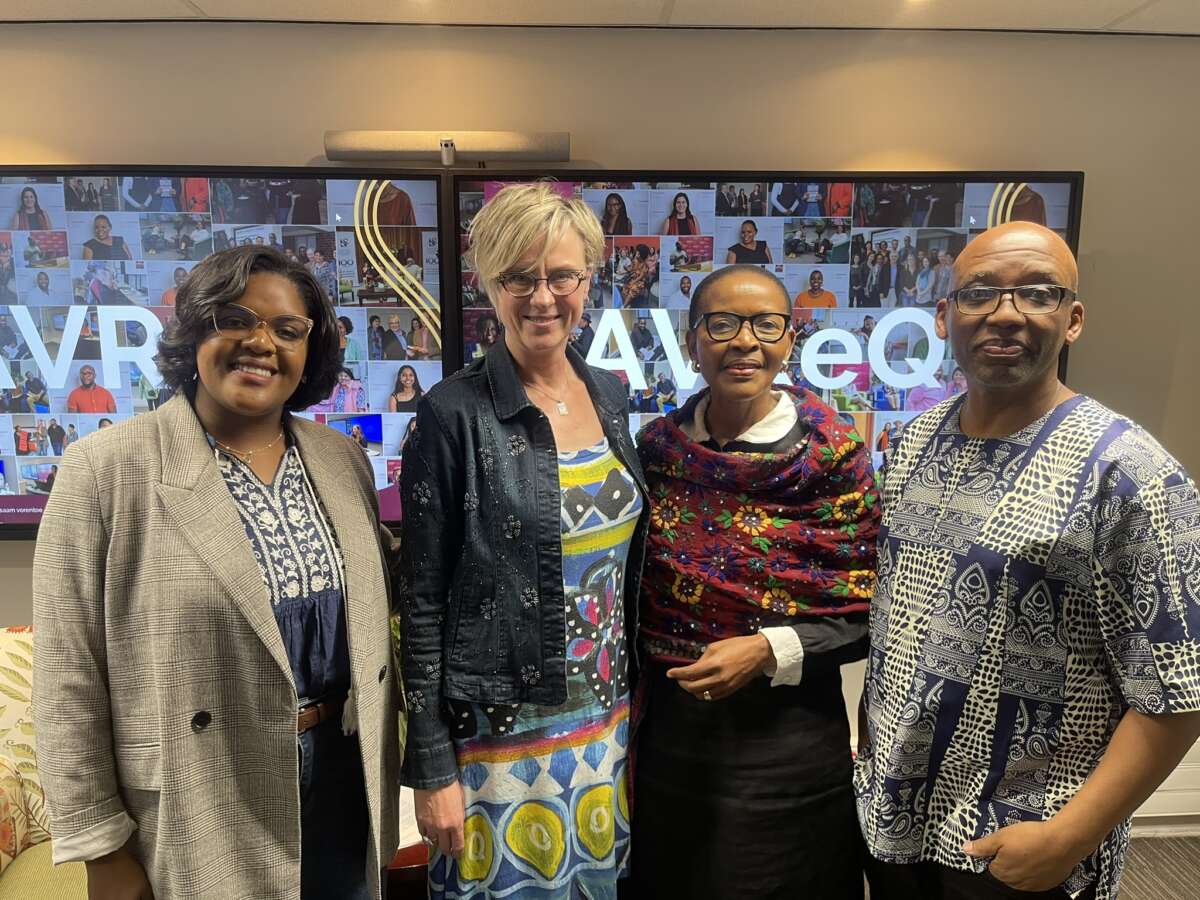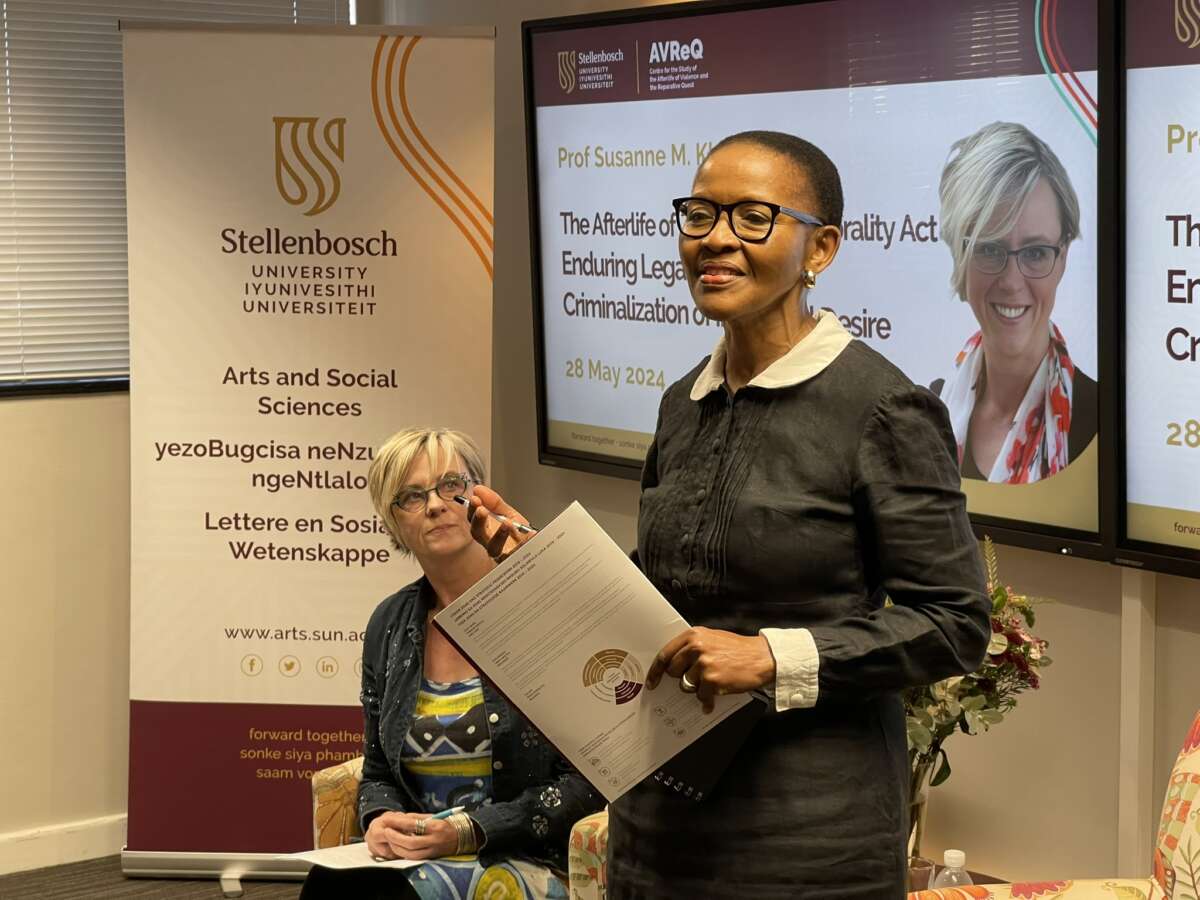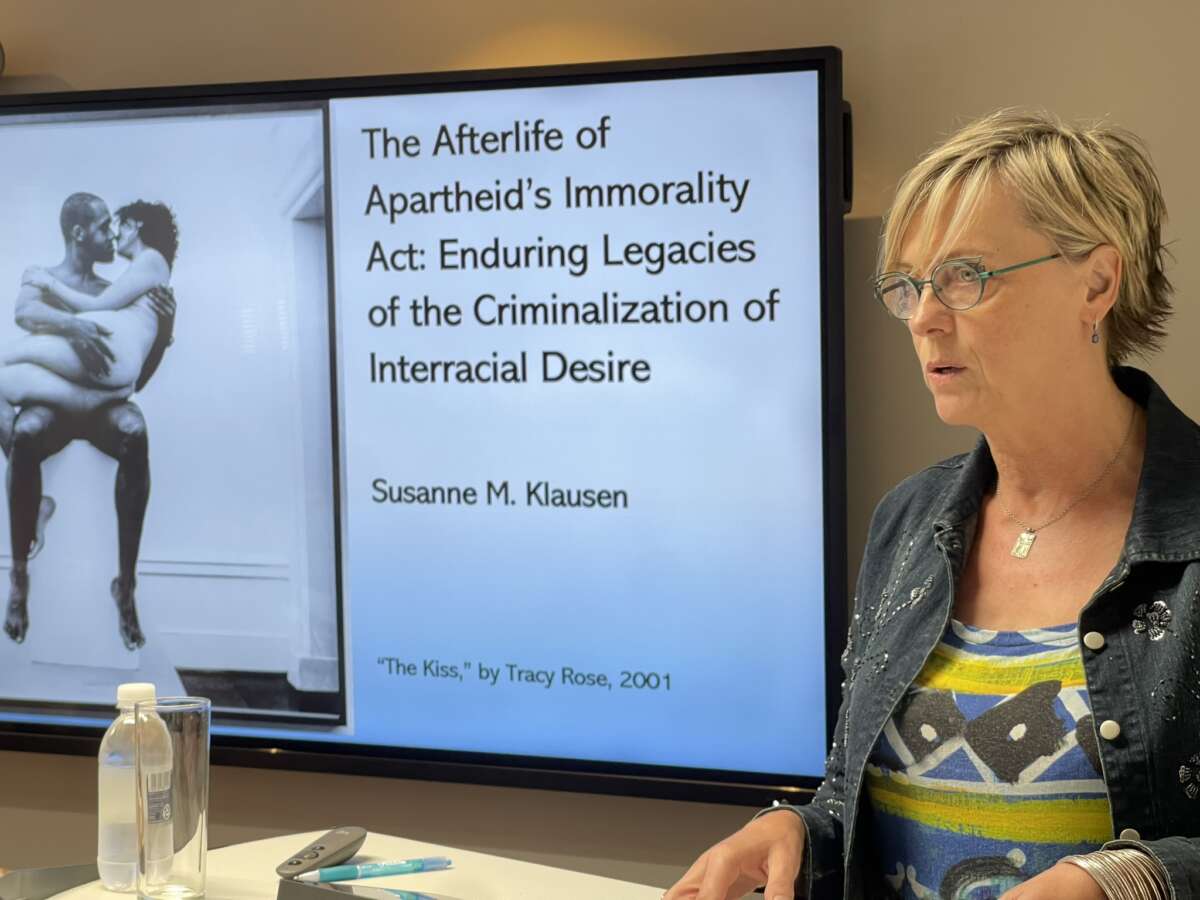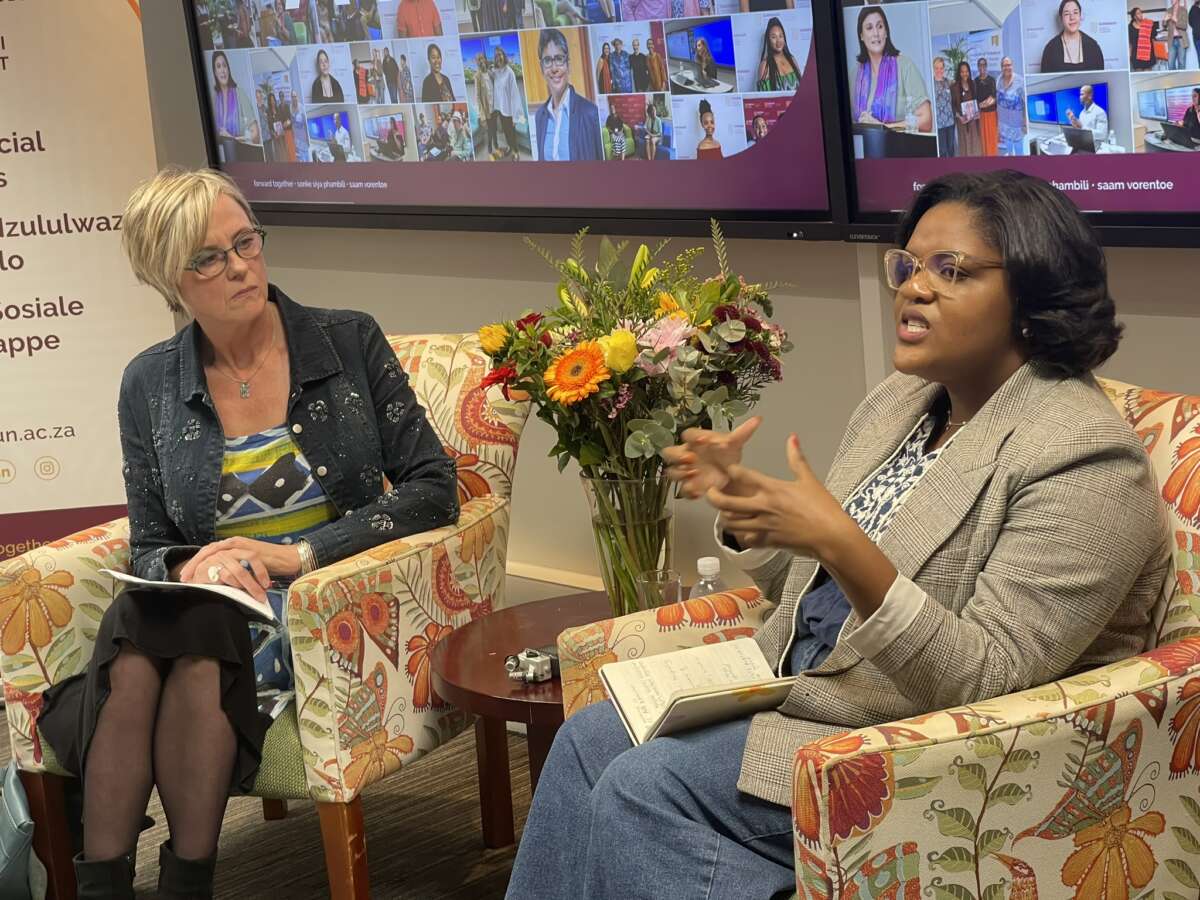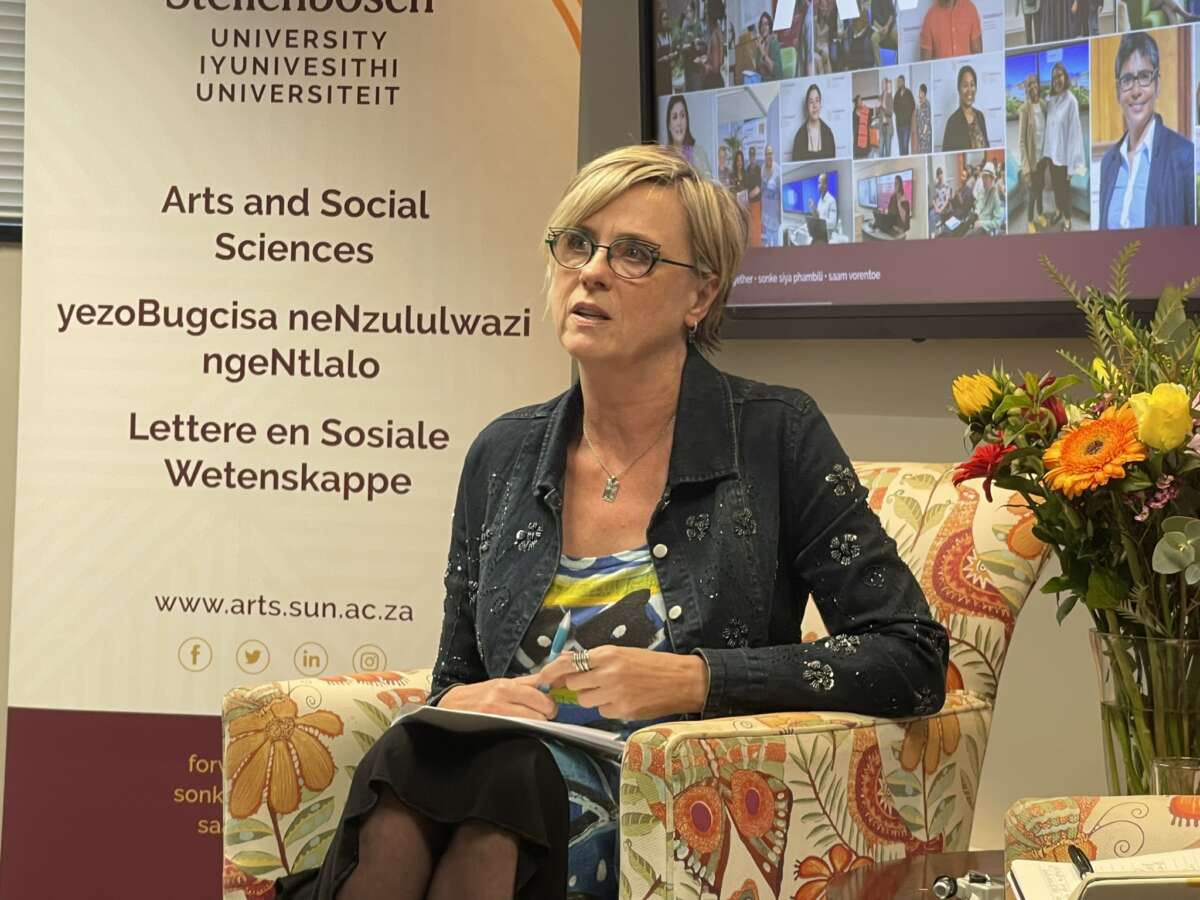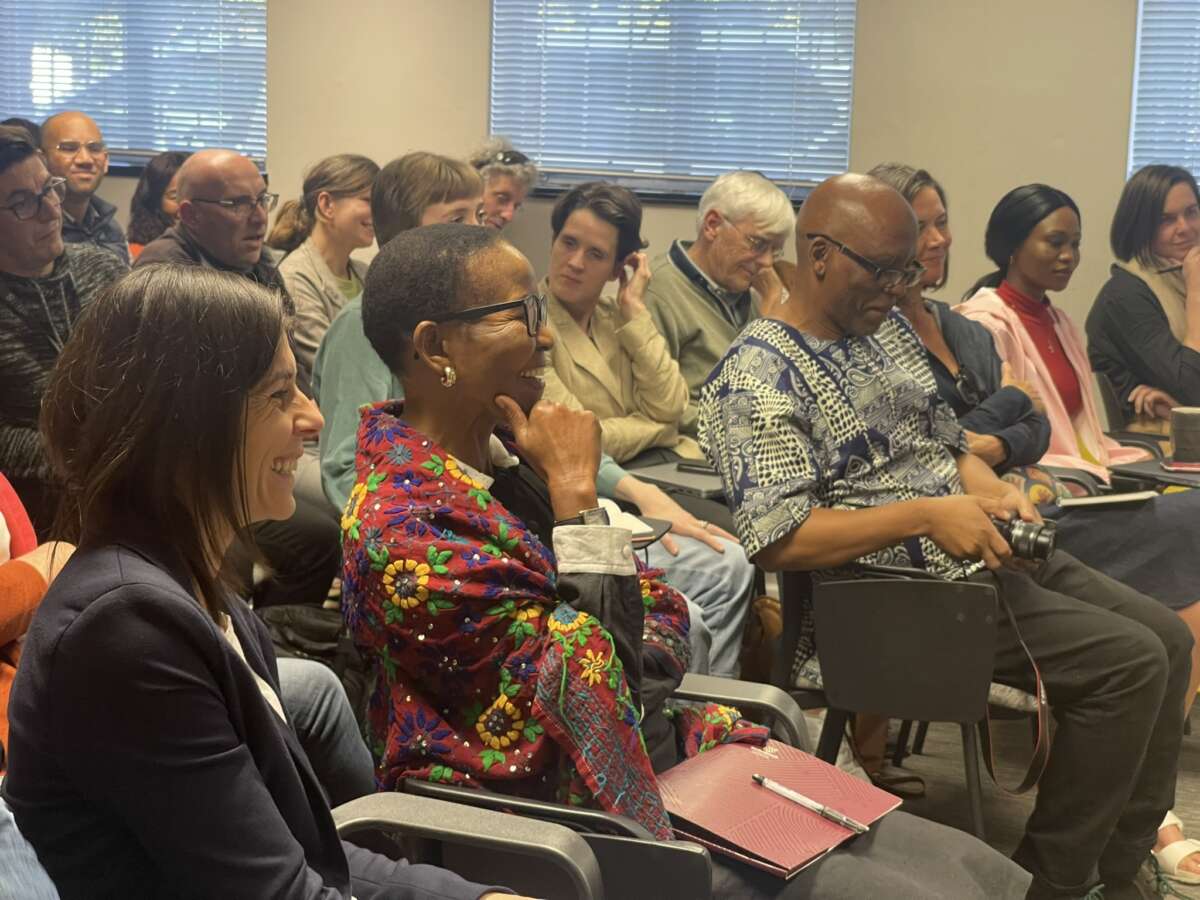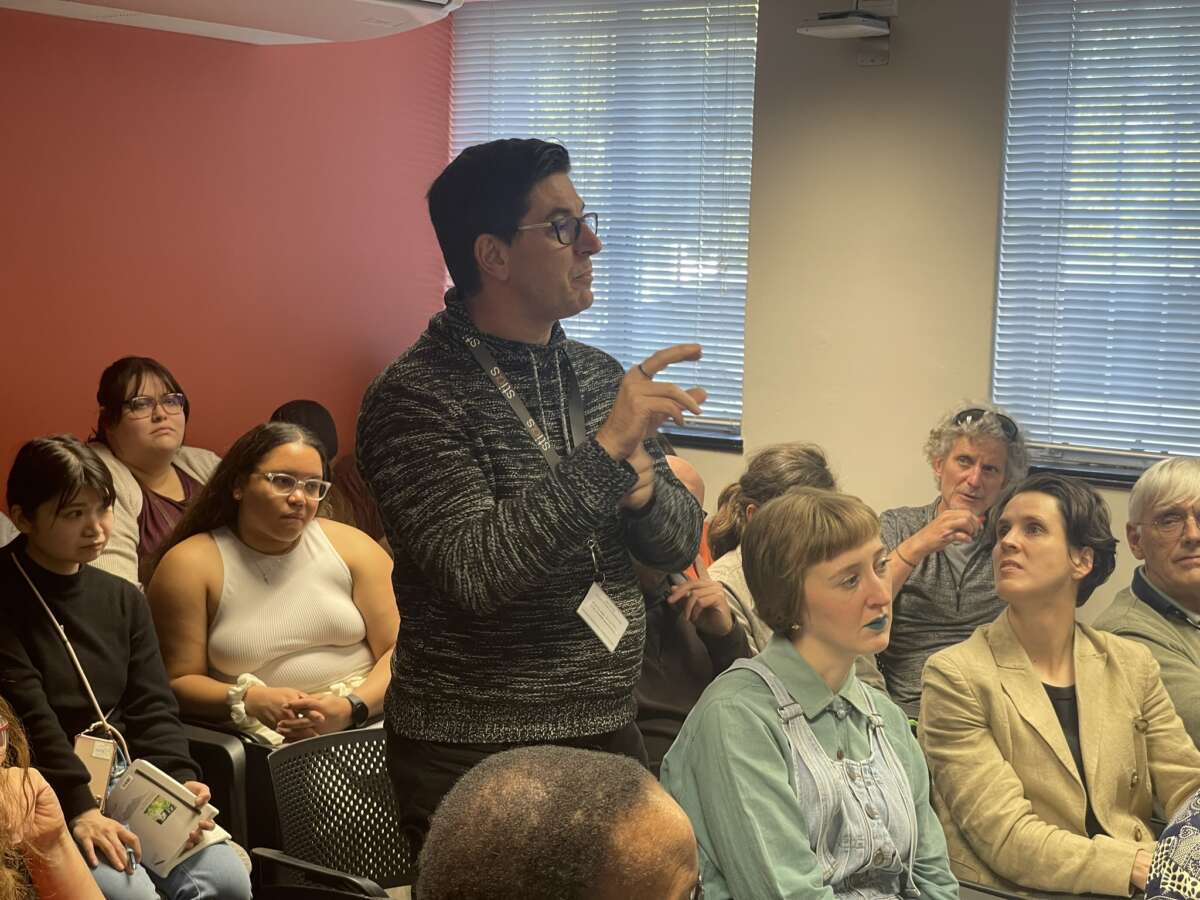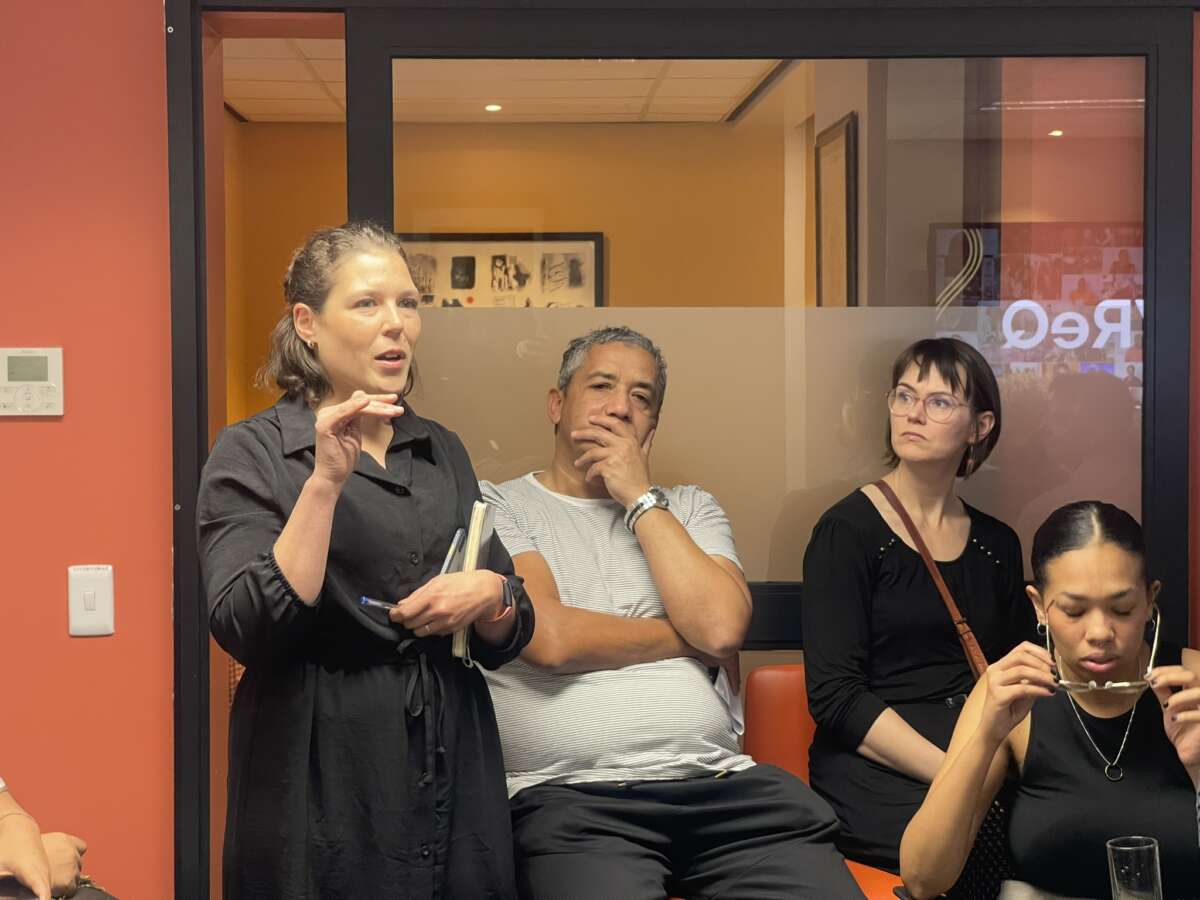In a compelling lecture and subsequent discussion, Prof Susanne Klausen delivered an incisive analysis titled “The Afterlife of Apartheid’s Immorality Act: Enduring Legacies of the Criminalization of Interracial Desire.” This event, hosted by the AVReQ, drew attention to the persistent impact of apartheid-era laws on contemporary South African society.
Prof Klausen began by contextualizing the Immorality Act within the broader apartheid regime, emphasizing its role in policing interracial relationships and its enduring psychological and social impacts. She noted that these laws were among the first to be repealed in 1985, highlighting the regime’s understanding of the intense resentment these laws provoked among black South Africans. “The viciousness of the immorality acts and recognizing its effects are necessary for properly diagnosing harms inflicted by the apartheid state that still require reparative justice,” Klausen stated.
She argued that the Immorality Act not only sought to maintain racial purity but also entrenched a form of control over the personal lives of South Africans, leaving a legacy that extends beyond the formal end of apartheid. Klausen pointed out that while the formal legislation ended, the socio-cultural ramifications of such laws continue to influence attitudes and behaviours in South Africa today.
Prof Klausen further explained the profound ways in which the Act expanded the South African Police’s discretionary power and access to Black women’s bodies. “The Immorality Act greatly expanded the South African Police’s discretionary power and access to Black women’s bodies, both of which the police vigorously exploited,” she remarked. This historical context is crucial for understanding the ongoing operation of sexual violence perpetrated by police officers against Black women in the present day.
Dr Anell Daries offered a poignant response, connecting the historical legacies of the Immorality Act to present-day issues of race and gender. She highlighted the ongoing challenges of transformation in South African institutions, particularly universities, which she described as being deeply embedded in historical contexts of racial segregation and oppression. “The place like Stellenbosch University has been in the making of these laws and in the implementation of these laws,” Daries remarked, emphasizing the university’s historical role in shaping apartheid policies.
Daries further elaborated on how the legacies of the Immorality Act are manifested in contemporary societal norms, particularly in how white men’s desires were historically policed while black women’s sexuality was pathologized. She observed that the residual effects of such gendered racial laws still haunt the present, contributing to ongoing social injustices.
The discussion that followed the lecture was rich and multifaceted, involving contributions from various scholars. One participant noted the challenge of addressing the complex legacies of apartheid, particularly how desire and racial purity were intertwined with notions of social status and control. Another highlighted the need for an interdisciplinary approach to fully understand the impacts of these laws, suggesting that insights from history, sociology, and psychology are crucial.
A particularly striking point from the discussion was the idea that historical injustices become normalized over time if not actively addressed. This notion was reinforced by Klausen’s call for a radical politics of social justice to confront and rectify the lingering effects of apartheid. She concluded with a powerful reminder: “Legacies of historical injustice that are not addressed become less visible over time and thus more normalized.”
The event underscored the importance of remembering and critically engaging with the past to understand and dismantle the structures of inequality that persist today. Prof Klausen’s lecture, complemented by Dr Daries’ insights and the ensuing discussion, provided a nuanced examination of the Immorality Act’s enduring impact, urging continued scholarly and societal efforts towards genuine transformation and justice in South Africa.
